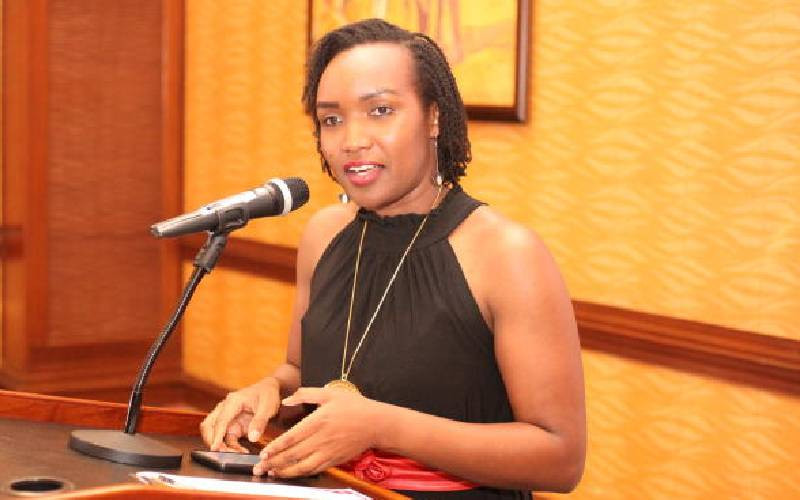×
The Standard e-Paper
Fearless, Trusted News

The Architectural Association of Kenya (AAK) has said the government needs to put in place structures to steer the development of affordable houses before imposing the housing levy on Kenyans.
In its proposal, AAK has called for the setting up of the Kenya Housing Board, which will formulate policy as well as look into modalities of financing developments that could include introduction of the housing levy.